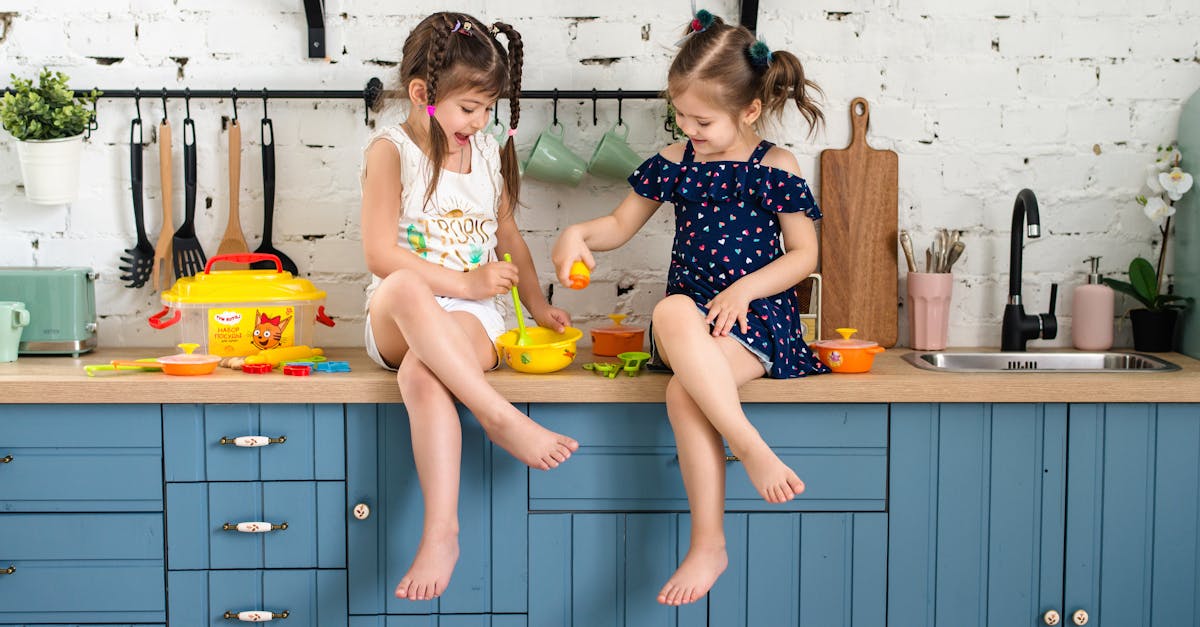The Magic of Empathy: Why It Matters
Empathy is more than just a buzzword; it’s a crucial life skill. Teaching empathy to pre-schoolers can be challenging, akin to convincing a cat to swim. Why is it important? Well, empathy helps your little one:
- Develop social skills
- Manage conflicts
- Improve emotional intelligence
It’s like adding a secret ingredient to their recipe for success. As parents, nurturing empathy can feel overwhelming, but fear not! You’re not alone and the benefits are worth the effort.
Think of empathy as a cornerstone, helping young hearts connect with the world. Start sowing these seeds early, and watch them bloom into compassionate adults.

Practical Activities to Develop Empathy
Wondering how to translate concepts into action? Try these empathy-boosting activities:
1. Role-playing Games
Role-playing games can turn your living room into a mini empathy school. Here, stages can act out various scenarios where they solve problems through understanding and kindness.
2. Craft Time
Craft time also works wonders! Making empathy badges can be fun, like superheroes of kindness. This approach teaches them that empathy’s power is in their hands.
3. Daily Conversations
Don’t shy away from using feeling words in daily conversations—make them part of their vocabulary. Emphasize that sharing toys isn’t just an act of kindness but a step toward understanding others’ feelings.

The Role of Patience in Teaching Empathy
Teaching empathy isn’t an overnight trek; it’s more like planting a garden. Patience is your best friend here.
Remember the last time your toddler insisted on wearing rain boots to bed? Patience is in letting them learn through experience. Patience teaches pre-schoolers that empathy isn’t just a reaction but a journey.
Celebrate small victories when they exhibit empathy in actions like:
- Hugging a friend
- Sharing their favorite toy
Gradually, empathy will solidify as part of their character. Love, patience, and understanding are the water, sun, and soil of your little one’s empathy garden.

Creating an Empathy-Filled Home Environment
An empathy-filled home is a happy home. Imagine it as a sanctuary where everyone respects and loves each other’s differences.
Start by setting an example; your actions mirror the behavior you want to instill in your child. Share personal stories of kindness and understanding, infusing humor wherever possible—it sticks better in their little minds.
Encouraging Open Discussions
Encourage open discussions and create a safe space for your child to express and acknowledge emotions. Sprinkling daily with family rituals like sharing what you are grateful for opens windows to empathy.
Why Empathy Matters
Remember, empathy taught at home resonates throughout their lives like an everlasting echo.

